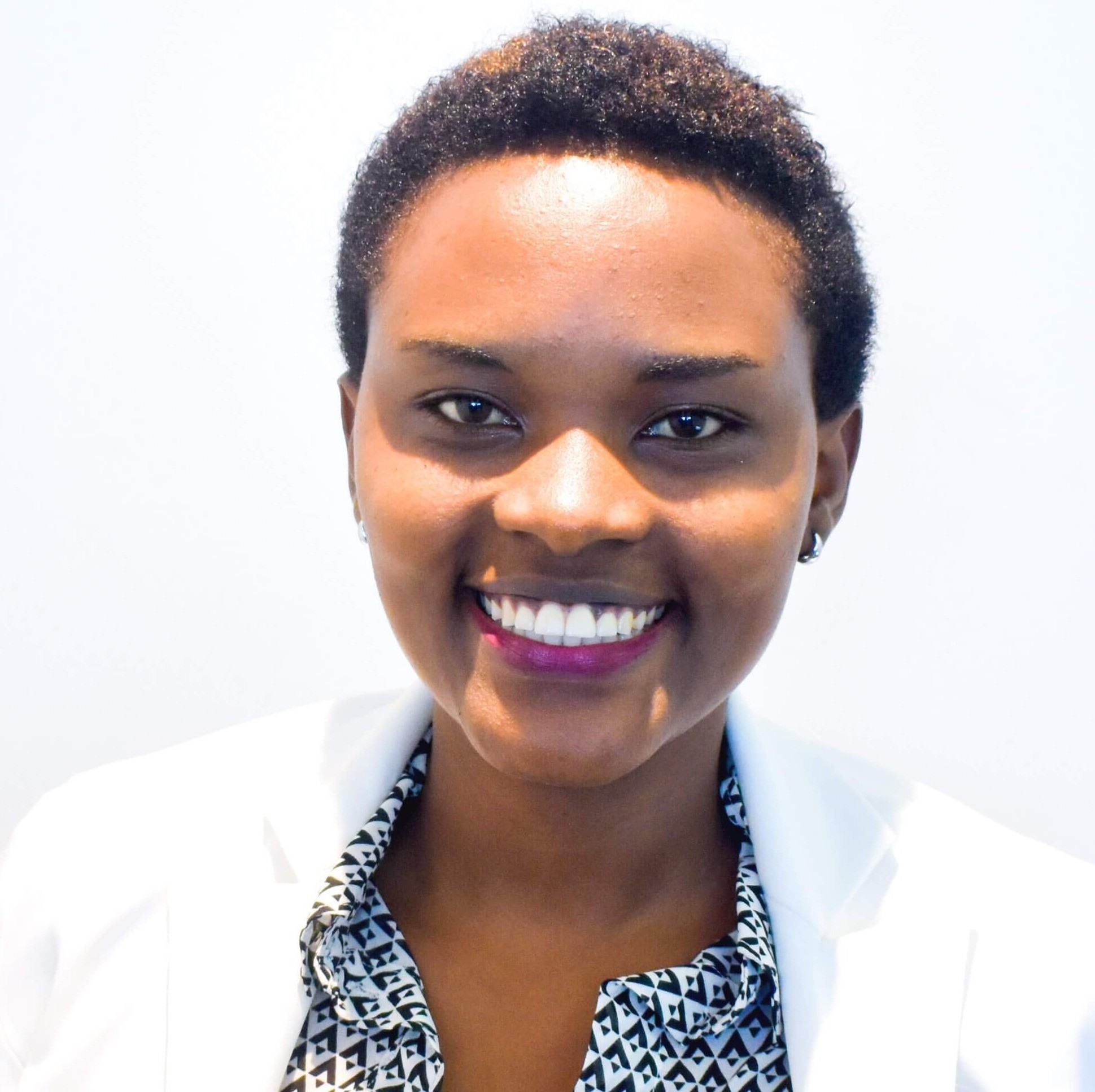What is your educational background?
My educational background covers Electrical engineering and Global challenges with a strong focus on Education and conservation from African Leadership University in Rwanda.
What is your current occupation?
Currently I am working part time as a youth ambassador researcher with Mastercard foundation and restless development alongside running Starlight.
What or who got you into STEM?
I grew up as a curious child and I asked a lot of questions. I would see a rainbow in the sky and want to know how it was formed – how did the rain and the light interact to create the colors? Why did the puddle of water in the road disappear when I got closer to it? I would listen to a person speaking on the radio and break it to see if I can meet the person who is speaking from the radio. I would always be in trouble with my mother because I broke something. I was interested in figuring out how things worked. Learning about science and math gave me fulfillment and happiness. I studied in the public schools and did very well in STEM subjects. That is how I discovered my interest in STEM.
What is the biggest challenge/barrier you have faced as an African in STEM?
One of the challenges – it is hard to run a STEM related project as a young lady because this is a male dominated sector and sometimes people do not believe in what you are doing and it becomes hard to secure funds when you are an entrepreneur in this sector.
How do you think your background/upbringing has been beneficial in your journey/career?
I received the support from qualified teachers and I am very grateful for their hard work and impact on my life and I got access to hands-on learning at university.
How do you think we can start to change the narrative surrounding African contributions
to global STEM research & careers?
Science education at elementary and secondary levels are not hands-on or centered around real-world problem solving which are proven strategies for making science appealing. With 49% of the population under the age of 14, science in the classroom relies too much on textbooks and note memorization. It does not include interactive, fun, engaging projects that encourage the future workforce to view science and engineering as careers or opportunities for exploration, innovation and positive change making in their communities. We need to address this problem by boosting the interest of young people in STEM and by breaking the stereotypes around STEM subjects and careers. It is not hard!
What advice would you like to give to young, aspiring Africans in STEM?
Go for it! This is an exciting sector and it is the future.
Do you have any projects you’re working on that you would like us to highlight?
I am the co-founder of Starlight an Ed-tech social enterprise that makes fun Educational STEM products/services to inspire and engage young students mostly across Africa. In partnership with carrer girls, we inspire girls to pursue STEM careers, access the role models and offer hands-on STEM learning to spark their creativity and imagination. Currently, at Starlight, we are designing a ‘build your own’ solar lantern kit to introduce young students to basic electronics in a fun, creative manner, and to provide households with a clean energy light source. It all started from my engineering classroom at university, we were only four girls in the class of more than 30 students. The women in my class were the top performers but most of the time, we had to prove our capabilities. I was good in math and sciences but most of the time the community around me told me that STEM is not a good fit for girls. I believe that girls need to be involved in STEM subjects and I want to challenge the status quo.






